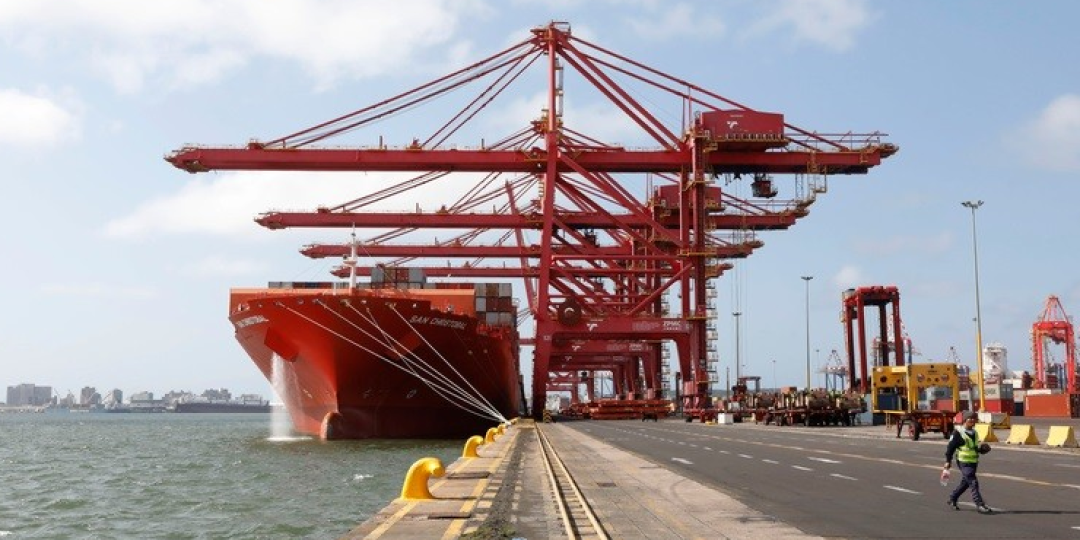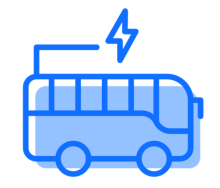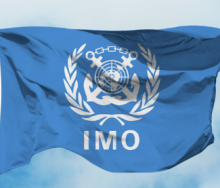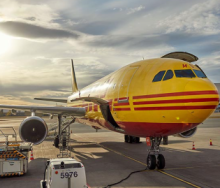Congestion at the Port of Durban remains severe, with 23 container vessels, 15 dry bulkers, three break bulkers and 19 liquid tankers waiting at outer anchorage on Thursday, November 23, said Peter Besnard, CEO of the South African Association of Ship Owners and Agents (Saasoa).
A total of 63 ships are waiting to enter the port, where adverse weather conditions and sporadic equipment failures have disrupted throughput, causing vessels to idle at sea for up to three weeks before securing berthing slots.
Alongside delays experienced elsewhere, notably at the Port of Cape Town, 96 vessels were reportedly awaiting entry to South Africa’s ports by Wednesday.
Besnard said Durban needs about 89 straddle carriers to optimise cargo handling, but only has about 52 of these cranes functioning at any given time.
Considering that the port should have about 12 gangs of personnel to handle cargo, the shortage of equipment has a cascading effect on Durban’s port productivity.
"Split between serving cargo on the waterside and the landside, it exacerbates matters. If you move more straddles to the waterside, for example, it causes congestion on the landside and vice versa.
“We really need more functioning equipment as soon as possible, but there's no quick fix for the problem we have.”
Weather conditions also pose a challenge.
"The wind over the last few days has been horrific," Besnard said.
"It dies down from time to time late at night but usually picks up in the later morning, with excessive wind lasting for most of the day."
When asked about efforts by Transnet Port Terminals to alleviate congestion, Besnard praised the port’s personnel, stating: "They're good people and are trying whatever they can to help."
He commended Michelle Phillips, the current acting CEO of Transnet, saying: "She's not scared to get her hands dirty. She's the kind of person you could count on at one in the morning to help."
However, Besnard acknowledged that people's hands are tied when they lack the right tools or have equipment prone to breakdowns.
The port's challenges existed pre-Covid, and while efforts were being made to acquire necessary cargo-handling equipment, the pandemic disrupted original equipment manufacturing (OEM) contracts, he said.
There were also shifts in leadership at Transnet, with Phillips being moved to Transnet Pipelines.
Now, with Phillips tentatively taking over from outgoing CEO Portia Derby, regarded by many private sector stakeholders as being responsible for gross neglect at the state-owned logistics utility, there is hope that OEM acquisitions will proceed urgently.
Earlier this week, the South African Association of Freight Forwarders (Saaff) reported that contracts for new equipment and spare parts purchases should be concluded by December 31.
Saaff Director Mike Walwyn credited the acceleration of OEM contract finalisation to high-level deliberations with the government’s National Logistics Crisis Committee.













